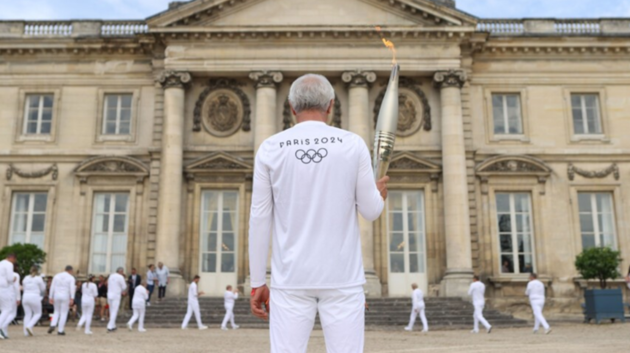
Photo/official website of 2024 Paris Olympics
The 2024 Paris Olympics, set to open on July 26, is expected to cost approximately $8.2 billion, making it the sixth most expensive Olympic Games in history.
This raises the question: can Paris avoid the financial losses that have plagued previous Games?
According to a recent analysis by WalletHub, the expenses for Paris include stadium renovations, opening and closing ceremonies, catering, and labor costs. Paris has aimed to cut costs by utilizing 95% existing or temporary venues.
However, infrastructure spending, such as improvements to highways, railways, airports, and hotels, has already reached $3.2 billion, with additional costs for water quality improvements amounting to $1.53 billion.
Despite the high costs, there is hope for profitability. A study by the University of Limoges predicts that the Games could generate up to €11 billion ($12 billion) in revenue, with most coming from media rights, sponsorships, and ticket sales. The Paris Organizing Committee CEO, Etienne Thobois, has announced that the committee aims for a balanced budget or even a profit.
Historically, Olympics have often exceeded their budgets, with an average cost overrun of 172% since the 1960 Rome Games. While the economic boost from the Games is anticipated, uncertainties in tourism due to high prices and crowded conditions could affect overall profitability.
The Paris Olympics will be a test to see if it can defy the trend of financial losses that have become synonymous with hosting the Games.


 川公网安备 51019002001991号
川公网安备 51019002001991号





